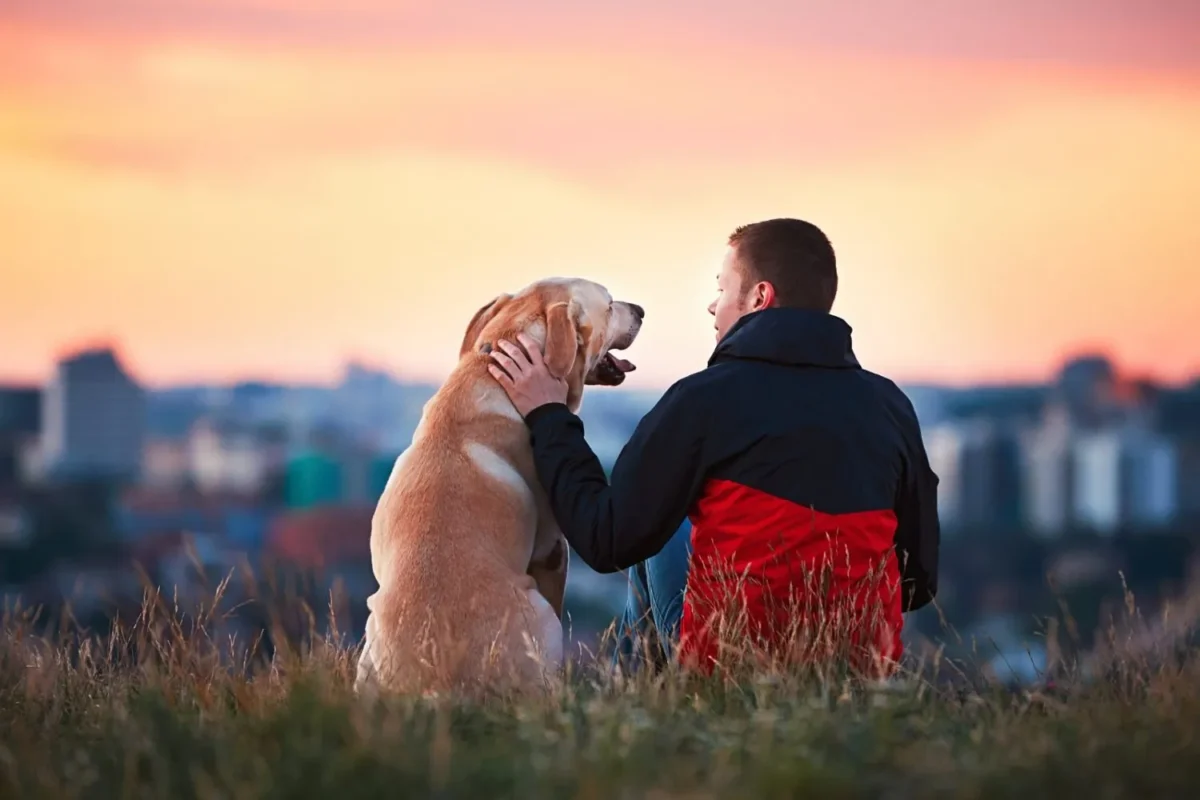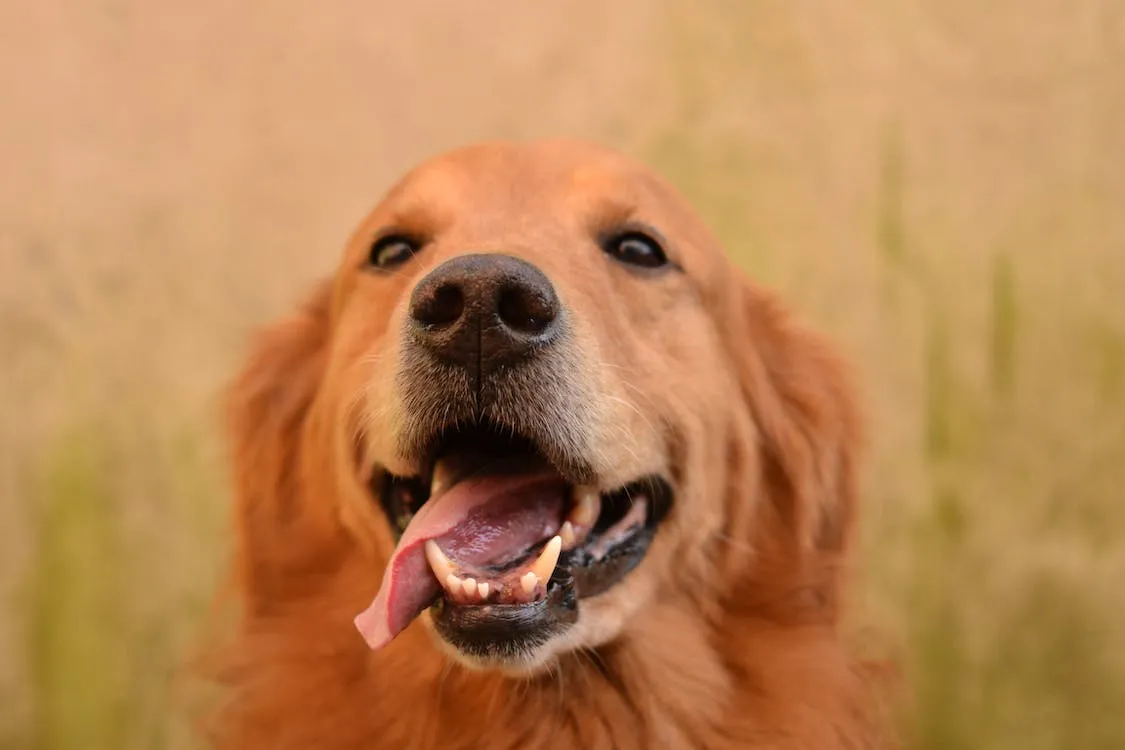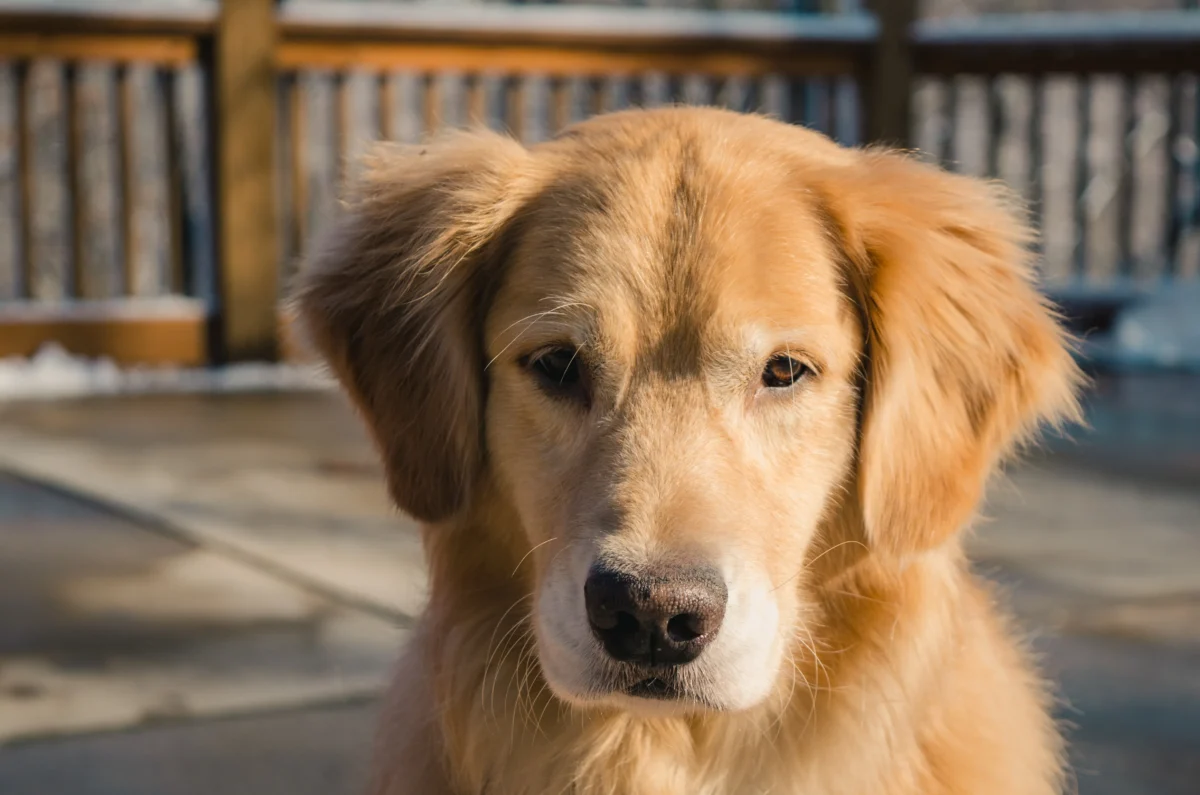Dogs can’t eat all human food, just like humans can’t eat all dog food. There are a lot of myths out there about what dogs can and can’t eat, but it can be tough to figure out what’s true and what’s not. Just like people, every dog has their own taste. So, can dogs eat mac and cheese?
What Is Mac and Cheese?
Mac and cheese is a dish that consists of macaroni noodles and cheese. It can be made with different types of cheese, but the most common type used is cheddar cheese. Other popular types of cheese used in mac and cheese include American, Swiss, mozzarella, and Parmesan. Mac and cheese can be made with either a white or yellow cheddar cheese sauce. The yellow variety is usually made with whole milk, while the white variety is typically made with skim milk.
While the exact origin of mac and cheese is unknown, it is believed to have originated in the United States during the Revolutionary War. Soldiers would often bring along boxes of dried macaroni noodles and blocks of cheddar cheese to eat while on a campaign. When they had a chance, they would boil water and mix the noodles and cheese together to make a quick and easy meal.
Over the years, mac and cheese have become a popular dish in the United States and are now enjoyed by people of all ages. It is commonly served as a side dish but can also be made into a main course by adding meat or vegetables. Mac and cheese can be baked, fried, or even made into a casserole. No matter how it is prepared, mac and cheese is always delicious and comforting food.
Can Dogs Eat Mac and Cheese?
While mac and cheese is a safe and delicious treat for humans, it is not necessarily the best choice for dogs. The high-fat content in both of these food items can cause digestive problems for dogs.
Some dogs cannot digest lactose efficiently. For these dogs, consuming dairy products like cheese can lead to gas, bloating, and diarrhea. Additionally, macaroni noodles are made with wheat flour, which is not easy for dogs to digest. The wheat gluten in the noodles can also cause stomach upset in some dogs.
Another concerning ingredient in mac and cheese is sugar. Dogs do not process sugar well, and it can cause them to have a sudden spike in blood sugar levels. This can be especially dangerous for dogs with diabetes.
Additionally, the salt content in some types of mac and cheese is not good for dogs. It can lead to dehydration and electrolyte imbalance.
For these reasons, it is better not to feed your dog mac and cheese. If you do decide to give it to them, ensure that you maintain a balance and offer them only small portions.
As always, if you have any concerns about your dog’s health, please consult your veterinarian.
How Frequently Can Dogs Eat Mac and Cheese?
Even if your dog begs you for Mac and Cheese, avoid the temptation of giving in. You can give your little pooch little amounts occasionally, but not every other day.
Dogs that beg or give you puppy eyes while you’re eating Mac and Cheese are just trying to get your attention. While it may be hard to resist, frequent feeding of this dish to your pet can cause long-term health problems.
Remember, you know what is better for your dog, sometimes even more than the dog itself. So, it’s best to avoid the temptation and keep Mac and Cheese away from your furry friend.
Disadvantages of Eating Mac and Cheese
Mac and cheese provide no nutrition to your pup and are only a source of empty calories. It’s high in saturated fat, which can cause pancreatitis, obesity, and heart disease in dogs. It also contains lactose, which some dogs are unable to digest, leading to diarrhea and vomiting. The wheat flour in macaroni noodles can also be difficult for dogs to digest and may cause an upset stomach.

« Is Coffee Bad for Dogs?
Why Do Golden Retrievers Want to Eat Everything? »
In addition, the processed mineral content in Mac and Cheese can lead to multiple issues in dogs. Feeding your dog this dish on a regular basis can cause long-term health problems and should be avoided.
So, while you’re chowing down on a big bowl of Mac and Cheese, resist the urge to share with your furry friend. This dish is not good for their health and can cause serious problems down the road.
Some Versions May Be Safer Than Others
While it’s not recommended that you feed your dog Mac and Cheese, there are some versions that may be safer than others. For example, organic Mac and Cheese made with whole wheat noodles, and low-fat cheese may be easier for your dog to digest.
Additionally, homemade Mac and Cheese using natural ingredients is always the best option. This way, you can control what goes into the dish and avoid any unhealthy additives.
If you do decide to feed your dog Mac and Cheese, be sure to do so in moderation and only give them a small amount. Additionally, consult with your veterinarian to see if this dish is right for your pup.
Our Final Thoughts
So, can dogs eat mac and cheese? The answer is maybe.
While it’s not recommended that you feed your dog Mac and Cheese, it is not dangerous either. But the dish can have some adverse effects in the long run.
There are some versions that may be safer than others. For example, organic Mac and Cheese made with whole wheat noodles, and low-fat cheese may be easier for your dog to digest. Additionally, homemade Mac and Cheese using natural ingredients is always the best option. This way, you can control what goes into the dish and avoid any unhealthy additives.
If you do decide to feed your dog Mac and Cheese, be sure to do so once in a blue moon and only give them a small amount. Additionally, consult with your veterinarian to see if this dish is right for your pup.









